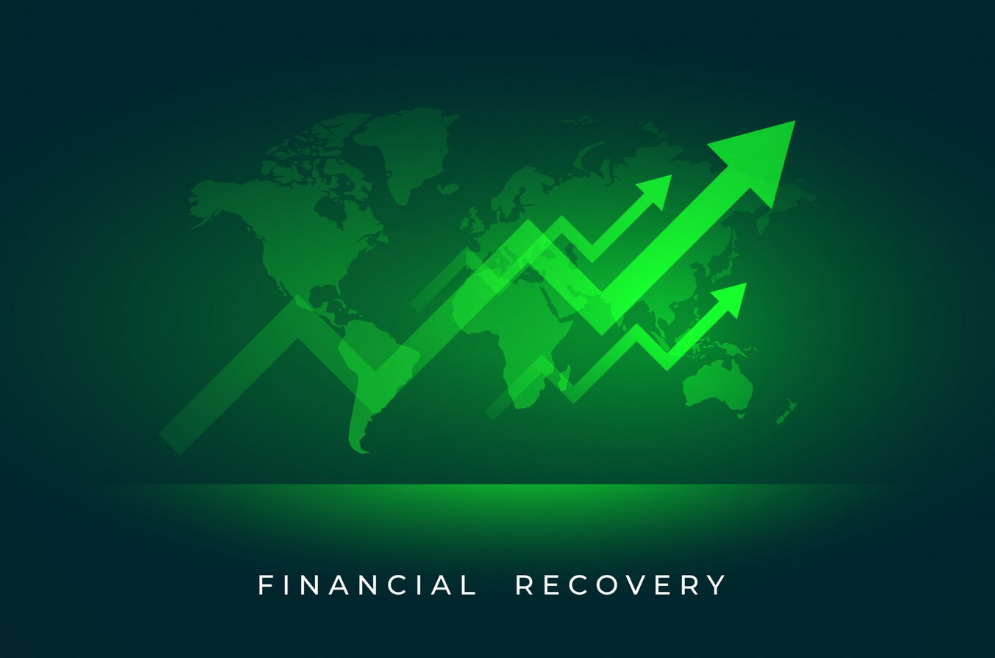Lagos, Nigeria – The Chairman of the Nigerian Exchange Group (NGX), Abubakar Mahmoud (SAN), has reaffirmed the pivotal role of the capital market in bridging Nigeria’s infrastructure financing gap. Speaking at a recent industry forum in Lagos, Mahmoud emphasized that long-term infrastructure development, including roads, power, energy, and housing, cannot rely solely on public funding, and must instead tap into private sector investments via capital markets.
Mahmoud pointed out that the capital market remains one of the most viable and sustainable sources of long-term finance, especially as Nigeria looks to accelerate economic growth amid fiscal constraints and rising public debt.
“We are at a critical juncture where infrastructure development must align with innovative capital sourcing. The capital market provides that avenue,” Mahmoud stated.
Infrastructure Needs vs. Fiscal Realities
Nigeria, Africa’s largest economy, is estimated by the National Integrated Infrastructure Master Plan (NIIMP) to require over $3 trillion in infrastructure investments over the next 30 years. However, with declining government revenues and increasing debt servicing costs, public funds alone are insufficient to meet this demand.
This reality has led to renewed calls for leveraging the Nigerian capital market to attract institutional investors, pension funds, and foreign capital to finance critical infrastructure projects, from expressways to energy pipelines.
Oil & Gas Sector Listings Set to Drive Reform
Highlighting the upcoming public listings of major oil and gas firms, Mahmoud noted that Nigeria’s Petroleum Industry Act (PIA) and ongoing economic reforms are improving the business environment for publicly listed energy companies.
He said the NGX is actively working with upstream and midstream players to deepen market participation. These listings, once executed, are expected to mobilize capital, improve transparency, and enhance corporate governance in one of Nigeria’s most strategic sectors.
“We anticipate landmark listings in the oil and gas sector, which will not only unlock funding but also inspire confidence in the capital market’s role in national development,” he added.
Broad Reforms and Investor Confidence
The Nigerian Exchange has introduced a number of reforms aimed at enhancing investor confidence, including:
-
Digitalization of trading processes
-
Improved corporate governance standards
-
Expansion of ESG (Environmental, Social, Governance) disclosures
-
Structured engagement with regulators and listed companies
According to NGX CEO Temi Popoola, Nigeria’s capital market has demonstrated resilience and has a critical role to play in achieving the government’s Renewed Hope Agenda, especially in mobilizing capital for infrastructure and industrial development.
Private Sector Mobilization Critical
Economists and development experts echo the NGX’s position. Dr. Ayo Teriba, CEO of Economic Associates, said, “Capital markets across the world are how economies fund infrastructure sustainably. Nigeria must create the right incentives and confidence to pull in patient capital.”
Pension fund administrators, too, have begun allocating more funds toward infrastructure bonds and real estate investment trusts (REITs), indicating growing alignment between market instruments and developmental goals.
Policy Recommendations
To further align the capital market with Nigeria’s infrastructure drive, experts recommend:
-
Fast-tracking reforms for ease of doing business
-
Creating tax incentives for infrastructure-focused securities
-
Deepening the domestic investor base
-
Enhancing public-private partnership (PPP) frameworks
-
Strengthening regulatory collaboration between SEC, CBN, and NGX
Conclusion
With the Federal Government’s increasing shift toward private sector-led growth, the NGX and Nigeria’s capital market more broadly are poised to play a transformative role in building roads, power grids, ports, and more.
If harnessed effectively, this platform could usher in a new era of sustainable infrastructure development, reduce the pressure on government coffers, and enhance long-term economic resilience.
Stay informed on Nigeria’s financial and infrastructure development trends at Xamblog.com.
Last Updated on June 9, 2025 by kingstar





